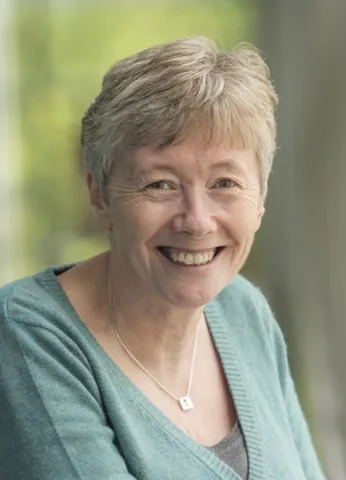About the project
The cost of living crisis has revealed systemic and structural problems of inequality that people with learning disabilities from black, Asian and minority ethnic communities experience. This project will explore how adults from minority ethnic communities with learning disabilities and their families experience disability, care and support, and how services deliver support.
Ethnic minorities are disproportionately underrepresented in adult social care services (Emerson, 2012). Some research (Carlsson, 2021) has suggested that mainstream services often fail to respond to the needs and preferences of minority ethnic communities. Consequently, organisations supporting minority ethnic communities typically operate on the edge of mainstream commissioning and provision (TLAP, 2021). This has some benefit in terms of flexibility and autonomy but can mean a struggle to access sustainable funding.
The voices of people from minority ethnic communities have long been hidden in disability research, particularly those with learning disabilities (Rivzi, 2021). Consequently, little is known about the experience of disability and social care among this population, and how these are shaped by different cultural identities and backgrounds, or how experiences of disability intersect with multiple and overlapping discriminatory challenges of racism.
This timely study will adopt an interdisciplinary lens, drawing on insights from social geography (Power) and education (Nind). Depending on the strengths of the applicant, the study is likely to involve interviews with adults with learning disabilities facilitated with visual and creative elicitation, and separate data generation with families to understand wider cultural contexts. Fieldwork will be conducted with staff working in dedicated support and services available for people from minority ethnic groups.

